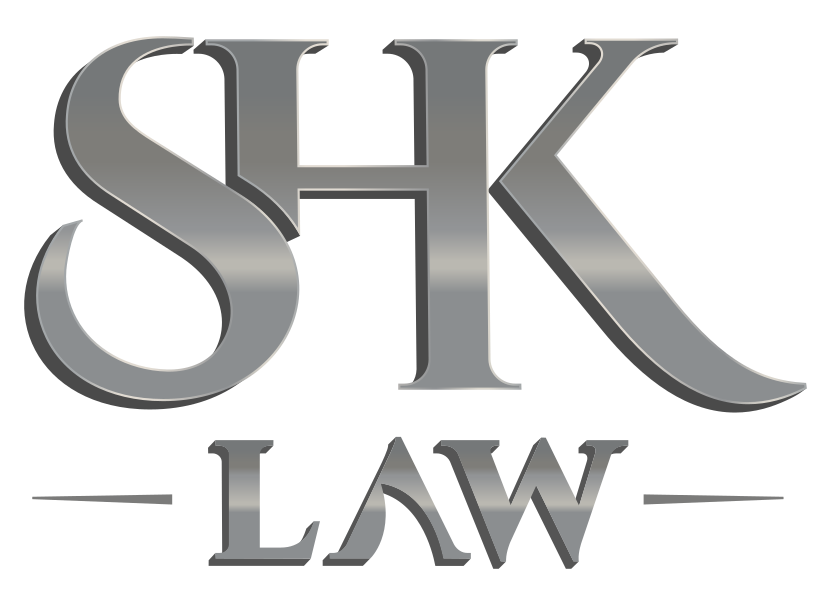California’s legal landscape is evolving with the introduction of Senate Bill 235. This new legislation, effective from January 1, 2024, to December 31, 2026, brings significant changes to how civil cases proceed in the state. Let’s take a closer look at how Senate Bill 235 will redefine California litigation in the coming years.
Senate Bill 235: Key Provisions and Implications
Senate Bill 235 introduces a mandatory initial disclosure requirement in California civil litigation. Here are the essential elements of this new law:
- Mandatory Disclosures: Parties in a lawsuit must provide initial disclosures, including relevant documents and a list of witnesses, within 60 days of a request from the opposing party.
- Timeline: The law is effective for a three-year period, serving as a trial run for this new approach to civil litigation.
- Sanctions: Failure to comply with the disclosure requirements could result in a $1,000 sanction, underscoring the importance of timely and complete disclosures.
- Scope: This bill applies to a wide range of civil cases in California courts, aiming to streamline the discovery process across various areas of law.
How Senate Bill 235 Changes California Litigation
The introduction of Senate Bill 235 marks a significant shift in how litigation proceeds in California:
- Expedited Information Exchange: With the 60-day disclosure requirement, parties gain access to vital information much earlier in the litigation process.
- Increased Transparency: The mandatory disclosure of key documents and witness lists promotes openness and reduces surprises later in the proceedings.
- Potential for Earlier Settlements: Armed with more information upfront, parties may be more inclined to reach fair settlements without protracted litigation.
- Cost Reduction: By potentially shortening the litigation process, the bill may help reduce overall legal costs for the parties involved.
Potential Impacts Across Different Areas of Law
While Senate Bill 235 applies broadly to civil litigation, its effects may vary across different practice areas:
- Personal Injury Cases: Could see faster information exchange, potentially leading to quicker resolutions.
- Commercial Litigation: Might benefit from earlier insight into the strengths and weaknesses of each party’s position.
- Employment Law: Could experience more efficient handling of document-heavy cases.
The Future of California Litigation Under Senate Bill 235
As Senate Bill 235 is set to remain in effect until December 31, 2026, its ramifications for California litigation will continue to develop. Legal professionals, courts, and litigants will all need to acclimate to this new reality, potentially altering the course of civil cases in the state.
Staying Informed About Legal Changes
Understanding the implications of Senate Bill 235 is important for anyone involved in or considering civil litigation in California. As the legal landscape continues to evolve, remaining up-to-date on these modifications is paramount for successfully traversing the state’s judicial landscape.
At SHK Law, we’re committed to staying at the forefront of legal developments in California. Our experienced team is always ready to provide up-to-date insights on how changes in the law might affect various legal matters.
Our trial-ready strategy puts us ahead from day one. By preparing each case as if it’s going to court, we negotiate from a position of strength—often securing significantly higher settlements for our clients. Our case results speak volumes:
- 50+ years of combined legal expertise
- 99% success rate in cases handled
- Over $350 million recovered for clients
- No upfront costs: Free consultation and contingency-based fees
We’re your legal warriors, and we don’t want a dime unless we win your case. Our approach? Relentless pursuit of your maximum compensation while cementing our reputation as the legal nightmare insurers dread facing.
Want to Know if You Have a Case?
Call us at (818) 960-0011 or request a free case evaluation. Your right to justice doesn’t have office hours. Neither do we. Reach out anytime, day or night.
The information provided on this website does not, and is not intended to, constitute legal advice. Instead, all information, content, and materials available on this site are for general informational purposes only. Information on this website may not constitute the most up-to-date legal or other information. It may also be inaccurate, incomplete, or inapplicable to the person reading it. This website also contains links to other third-party websites; such links are only for the convenience of the reader, user or browser. The content on this webpage/website is provided “as is;” no representations are made that the content is error-free.
Readers of this website/webpage should contact their own attorney to obtain advice with respect to any legal matter. No reader, user, or browser of this site should act or refrain from acting on the basis of information on this site. Instead, they should seek legal advice from counsel in their relevant jurisdiction. Only your individual attorney can provide assurances that the information contained herein – and your interpretation of it – is applicable or appropriate to your particular situation. Use of, and access to, this website or any of the links or resources contained within the site do not create an attorney-client relationship between the reader, user, or browser and the law firm SHK Law, the lawyers at SHK Law, or the authors or contributors of this website.








